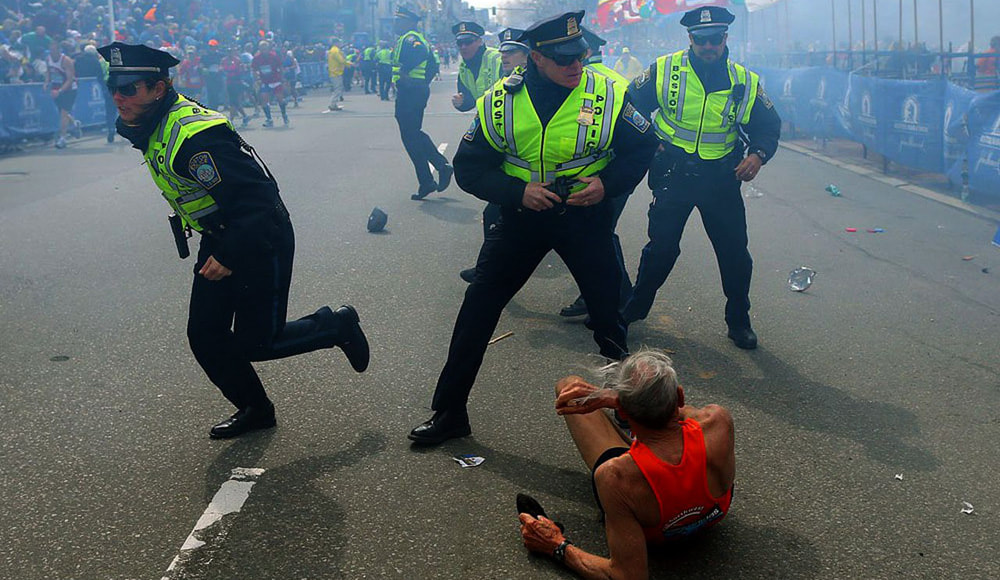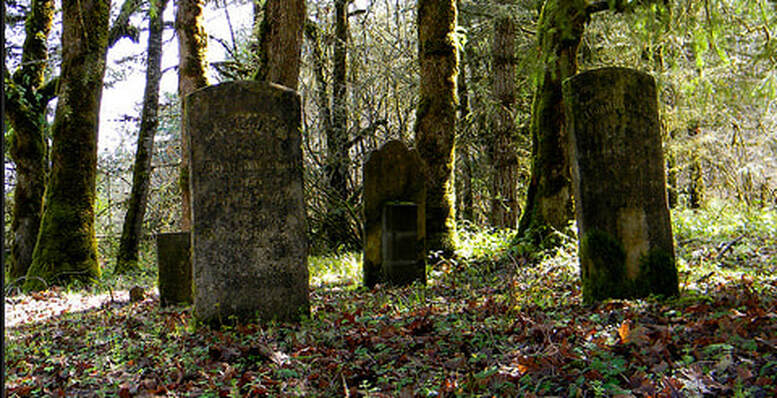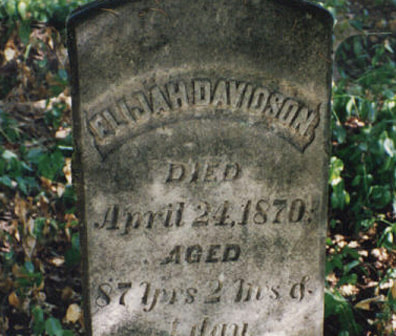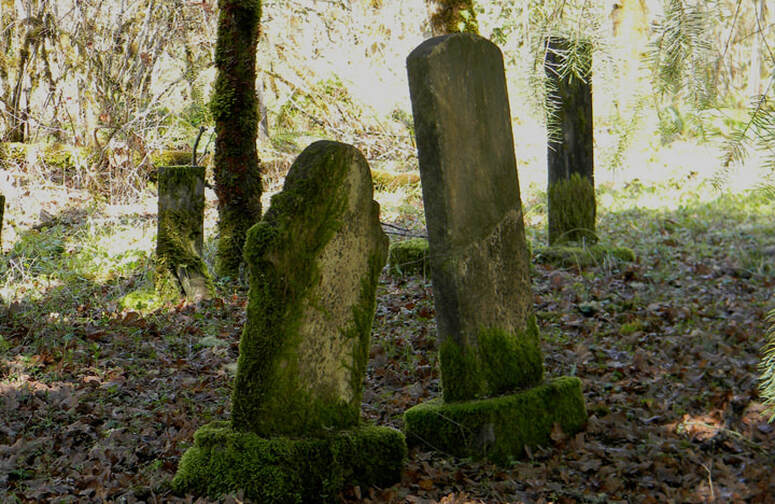|
There are endless examples of obvious heroic action, there is the heroism that involves great physical deeds and possible self-sacrifice on the battlefield or on a city street by those that are trained to face adversity. Whatever one's individual tastes in heroes, the one fact that is abundantly clear: is the great men and women whose achievements provide us inspiration come with an assortment of specific characteristics. Some are capable of great physical feats, some are intellectual, and some are excellent examples of moral principle. More prosaically, some are male, some are female; some are white, some black, and some are Americans. And yet, through the teeming multiplicities of individual differences, there runs a recurrent thread, a distinguishing essence that unites them all into a common classification, as differentiated from their counter-parts, from the mundane, the pedestrian, the non-heroic--or worse, from the evil, the villainous, the monstrous, the anti-heroic. Yet heroic action is not always limited to moments of immediate crisis and split-second decisions to save another’s life. There is also heroism that is thoughtful, considered, and plays out over time, that may go unnoticed, unrecorded by historians. There is everyday heroism, life’s choices exhibited on a daily basis in countless ways. True heroism is remarkably sober, undramatic, its not the urge to surpass others at whatever cost, but the urge to serve at whatever the cost. Some people have personality traits that predispose them to behave in altruistic ways. A concern for others, moral integrity and conviction, possess a great deal of compassion, kindness, and empathy. But, what about the person who acts contrary to popular belief? Willing to stand diametrically opposed to the widespread opinions of the day to save a people who are marginalized by the ruling commonwealth and upper class of society? Elijah Davidson words and actions in the defense of the oppressed and enslaved, drew the ire of the powerful elite gentry class and angered many of the populace as well. Their disapprovals made him into a new enemy of the plantation owners, pro-slavery Politicians and Pastors, who spoke out and preached against any plans for himself, his family and those who joined his emancipation faith. The following is J. H. Spencer's comment on early customs of Kentucky Baptists: [From Spencer's A History of Kentucky Baptists, Vol. 1, p. 484. Published 1886] "Slavery was by far the most fruitful of mischief of all the questions that agitated the Baptist churches of Kentucky from 1788 till 1820. Opposition to slavery extended to every part of the territory, and engaged the talents of some of the ablest ministers of the denomination. Cornelius Duese, John Murphy, John H. Owen, Elijah Davidson, and Carter Tarrant, all men of piety and influence, openly opposed slavery in Green River Association from the constitution of its first churches and disturbed our churches, by preaching against slavery until that fraternity was threatened with dissolution. They propagated the doctrine of the emancipation of slaves. Most, if not all these ministers, officiated as pastors of churches where slavery was tolerated." The principal agitators were Cornelius Duese, John Murphy, John H. Owen, Elijah Davidson, and Carter Tarrent, in the Green River Association; Joshua Carman, Josiah Dodge, and Thomas Whitman, in the Salem Association; William Hickman, John Satton, William Buckley, Donald Holmes, George Smith, George Stokes Smith, and David Barrow, in Elkhorn and Bracken Associations. The state government intentionally enacted new laws restricting Elijah's future, as a preacher, a abolitionist, and as a family patriarch. Eventually he and others who subscribed to his beliefs were forced moved to a new state. Elijah was man of conviction who would stand up against obvious inequality, even within the pews of his father’s Baptist church, and against a powerful state’s institution to fight for the rights of the enslaved even though his reputation could be crushed by the culture of his day. The first meeting of the Emancipators as a body, was in August, 1807, when they convened in conference, to deliberate on the mode of their future proceedings. At this meeting, eleven ministers and nineteen private brethren entered their names as advocates for emancipating principles. Eleven queries were presented to this Conference, and most of their time appears to have been taken up in discussing and resolving them. First query was, "Can any person be admitted a member of this meeting, whose practice appears friendly to perpetual slavery?" Answer. "We think not". The next was, "Is there any case in which persons holding slaves may be admitted to membership into a church of Christ?" Answer. "No; except in the following, 1st. In the case of a person holding young slaves, and recording a deed of their emancipation at such an age as the church to which they offer may agree to. 2nd. In the case of persons who have purchased in their ignorance, and are willing that the church shall say when the slaves or slave shall be free. 3rd. In the case of women, whose husbands are opposed to emancipation. 4th. In the case of a widow, who has it not in her power to liberate them. -- 5th. In the case of mental disabilities, old age, or any debility of body that prevents such slave from procuring a sufficient support; and some other cases, which we would wish the churches to be at liberty to judge of, agreeably to the principles of humanity. The 6th query was, Shall members in union with us be at liberty in any case to purchase slaves? Answer. No, except it be with a view to ransom them from perpetual slavery, in such a way as the church may approve of. The last query which we shall notice, was, Have our ideas of slavery occasioned any alteration in our view, of the doctrine of the gospel? Answer. No". The September following, these people met again, and formed their fraternity into an organized body, under the name of "The Friends to Humanity." The Association received its name from that of a church called Licking-Locust, which is in the north part of the State, near the Ohio River, and is considered a mother establishment to the emancipating interest in Kentucky. But Elijah's advocacy was not just about race, but also for a gender equality regarding higher education, for common folk who were denied opportunities for higher education unless they were wealthy. It should be noted that a small, rural, country church with a young couple named Thomas and Nancy joined their anti-slavery church assocaition. The following year they had a son named Abraham Lincoln. Elijah's life was beyond the “subconscious reaction” form of heroism to instinctively jump in, instead, it was the conscious, mindful use of altruistic actions. Established in 1852 on the Elijah Davidson Donation Land Claim is on a hilltop south of Monmouth, it contains graves of Elijah Davidson and Peter Butler families and their kin. Originally this cemetery was set in a clearing, on the top of a hill with a panoramic view of Mt. Hood, and Mt. Jefferson, at the edge of the Willamette valley. Today, the forest has swallowed it up and it is hidden, forgotten, deep in the woods.
0 Comments
|
Proudly powered by Weebly




 RSS Feed
RSS Feed